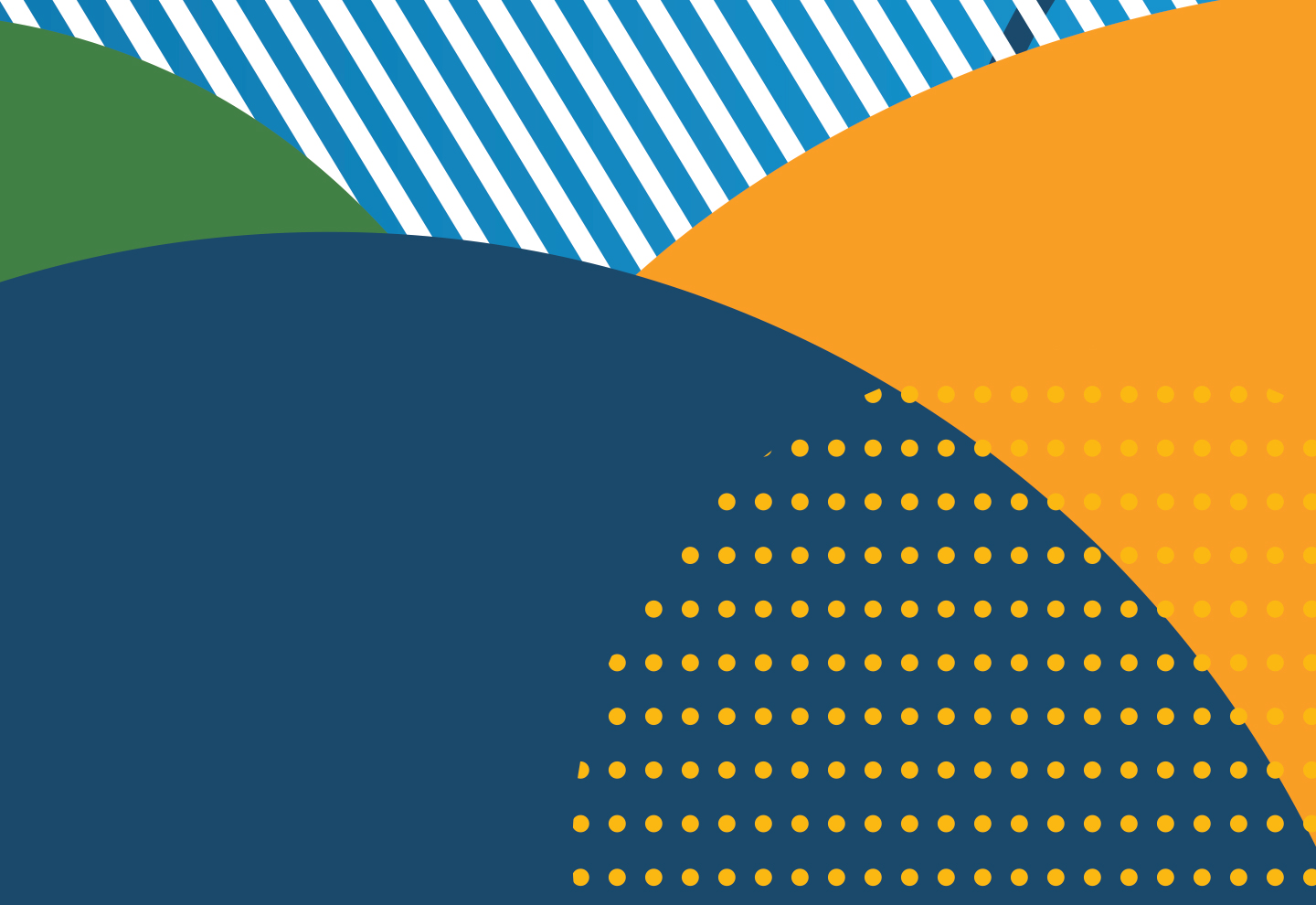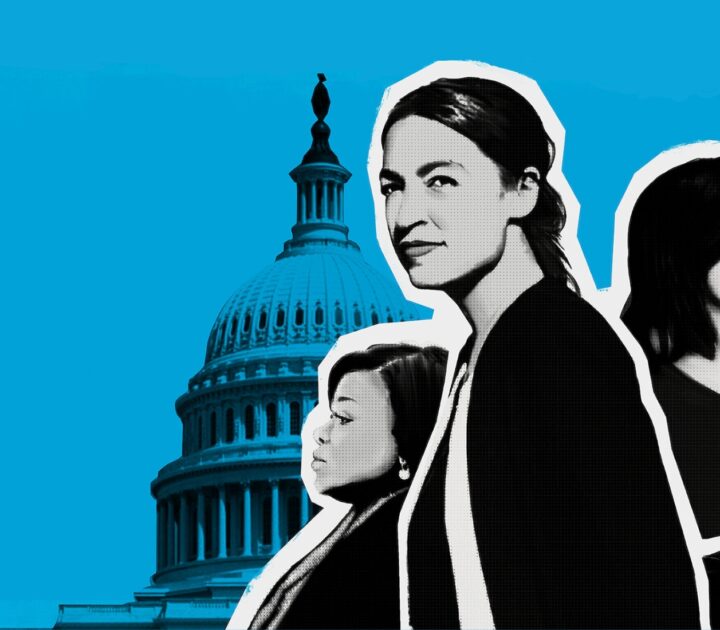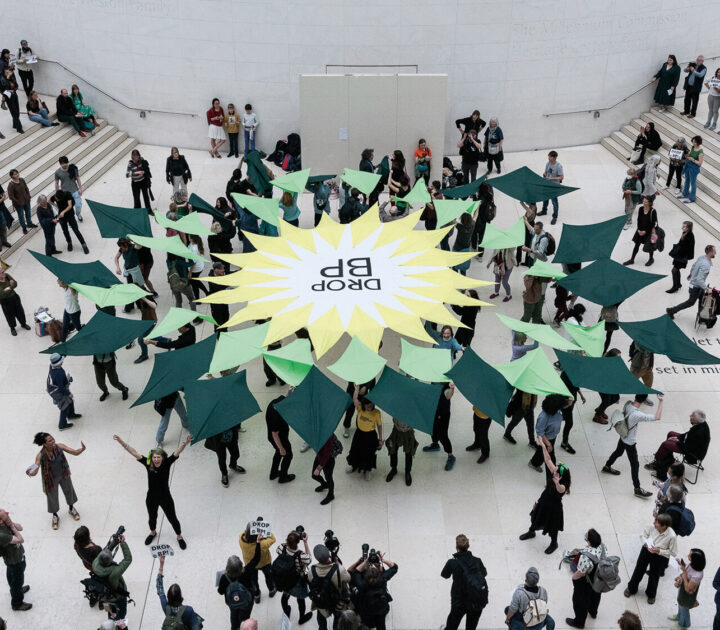Courage and capital to achieve a sustainable future

This webinar, led by Professor Vanina Farber, elea Chair of Social Innovation and Hans Stegeman, Head of Investment analysis and economics at Triodos Investment Management, appeared live on Wednesday, 20th May at 11am CEST.
What is sustainable investing and what does it look like in practice? How is sustainable investing done at Triodos Investment Management? What hope is there for a post-COVID green and just global economic recovery?
Professor Vanina Farber refers to sustainable investing in terms that go beyond simple exclusionary screening and instead refer to best-in-class companies that perform particularly well on environmental, social and governance (ESG) criteria, with some showing proactive support of corporate transformations around sustainability.
“We’re going to talk a lot about this transition and how the financial sector has a role to play in being a driver and partner in creating broader systemic transformation,” says Vanina Farber.
Invited to reflect on the impact of the COVID-19 crisis on the global economy, Hans Stegeman of Triodos Investment Management, says: “We have an opinion about the economy. We don’t think that everything will change ‘naturally’ and we also believe some things must change.”
Triodos is a mid-sized European bank, founded in the Netherlands but also active in Belgium, Spain, the UK, Germany and France. “Triodos was created with one mission in mind: to change finance and finance change.”
“We are values-based and we’re very explicit on what we want to achieve. We try to have an impact-first investment approach,” explains Stegeman.
So what’s wrong with the economy? A number of participants ask the question pointedly. “We have what I call a ‘no buffer economy’ meaning that there’s almost no resilience in the economy today,” says Hans Stegeman.
He explains that high global debt (higher than it’s ever been), low productivity, a lack of public demand and a lack of “extra over-consumption” (if you’re looking at the problem from a sustainability standpoint) are all factors contributing to a weakened economy.
On further challenges, Stegeman says, “Our growth-addicted system is another problem. We don’t have any way to solve problems if the economy doesn’t grow. Decoupling the economy from environmental damage is still very hard to do.”
The knock-on effects of national supply chains in Wuhan, China, in the wake of the COVID-19 crisis leading ultimately to household financial stress and bankruptcies around the world are leading monetary authorities to try to prevent a so-called reversed financial crisis.
“[These effects] starting in the real economy, going into the financial sector and then feeding back into the real economy can happen,” warns Stegeman.
The systemic nature of such circular knock-on effects is captured by an absolutely staggering number: $15 trillion. This represents the amount of money that has been fed into the system by governments worldwide in the past 10 weeks to alleviate economic pains from COVID-19.
Stegeman contrasts this amount intended to save our current economic system with the $5-7 trillion that has annually been estimated as being the public and private financing required to reach the Sustainable Development Goals (SDGs) by 2030.
“If we’re capable of spending $15 trillion on saving an old economy, without improving it, then $5-7 trillion is also possible. That’s the positive point,” reasons Hans Stegeman.
Reallocating public subsidies can also help the transition to a more sustainable economy. Hans Stegeman mentions how $5.3 trillion are spent annually on fossil fuel subsidies, adding: “If we could shift that towards reaching the SDGs, we wouldn’t need $15 trillion [as a COVID-19 lifeline].”
Stegeman contributes a number of further insights on the circular economy, transitions for a number of sectors including air traffic and hospitality as well as how Triodos conducts impact investment due diligence on listed companies.
For Hans Stegeman, the role of finance is critical for a green and just recovery to COVID-19. Finance can help to redefine our economic system by encouraging more reporting and commitment to impact measurement. Finance can help to revalue our economic system and increase social equity by changing paradigms around debt forgiveness and public equity stakes in recovery packages to private firms. Finally, finance can help to redesign our economic system by setting a global sustainable finance agenda.
To find out more about upcoming webinars from the elea Center for Social Innovation, please visit the Center’s page here.
Research Information & Knowledge Hub for additional information on IMD publications
The case study delves into strategic transformation and leadership transitions at Unilever since 2009. Unilever has been an industry leader of busi...
In recent years, sustainable leadership has emerged as a powerful force reshaping corporate strategies worldwide. At its core, sustainable leadersh...

Research Information & Knowledge Hub for additional information on IMD publications
Research Information & Knowledge Hub for additional information on IMD publications
Research Information & Knowledge Hub for additional information on IMD publications
in I by IMD 5 July 2024
Research Information & Knowledge Hub for additional information on IMD publications
Research Information & Knowledge Hub for additional information on IMD publications
Research Information & Knowledge Hub for additional information on IMD publications
in Hitotsubashi Business Review Summer 2024, vol. 72, no. 1
Research Information & Knowledge Hub for additional information on IMD publications
in I by IMD Magazine June 2024, no. 14, pp. 48-53
Research Information & Knowledge Hub for additional information on IMD publications
in I by IMD Magazine June 2024, no. 14, pp. 33-35
Research Information & Knowledge Hub for additional information on IMD publications
Research Information & Knowledge Hub for additional information on IMD publications








